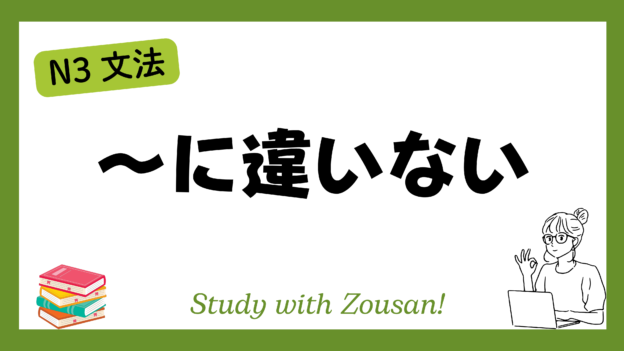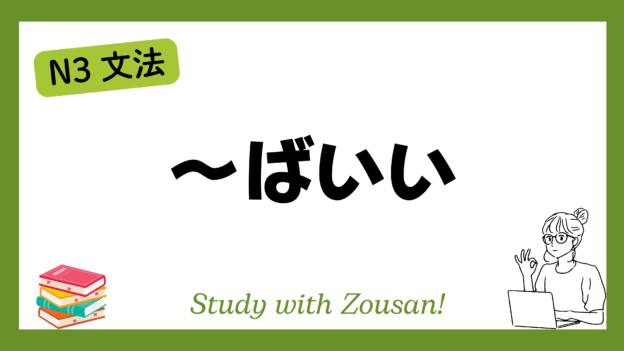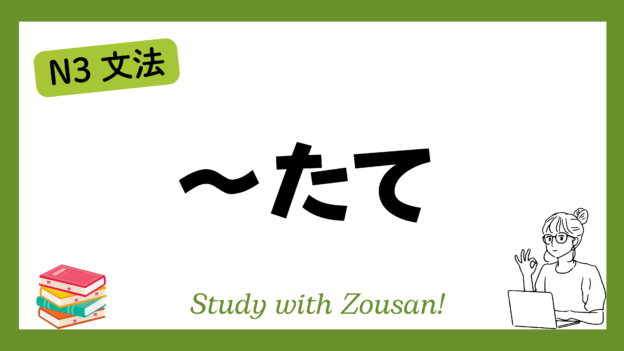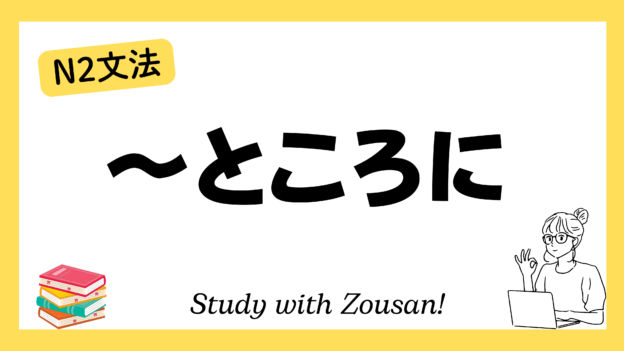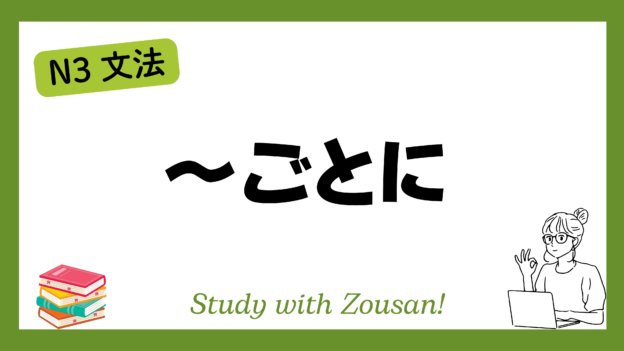N3文法:~に違いない
Meaning: “Must be…”, “There is no doubt that…”
“~に違いない” is used to express strong certainty or confidence in an assumption or deduction. It conveys that the speaker is convinced something is true based on evidence or reasoning, even if they don’t have absolute proof. It can be translated as “must be” or “there is no doubt that.”
※Note: This expression is used when making firm conclusions or predictions based on available information, and it implies a high level of certainty.
Structure:
| Verb (casual form) | + に違いない |
| Noun | |
| な-adjective | |
| い-adjective |
Example:
-
-
-
🌟 彼はその仕事を終えたに違いない。
(かれ は その しごと を おえた に ちがいない。)
He must have finished the job. -
🌟 あの人は先生に違いない。
(あの ひと は せんせい に ちがいない。)
That person must be a teacher. -
🌟 彼は今、家にいるに違いない。
(かれ は いま、いえ に いる に ちがいない。)
He must be at home now. -
🌟 この本は面白いに違いない。
(この ほん は おもしろい に ちがいない。)
This book must be interesting. -
🌟 彼女が遅れているのは、何かあったに違いない。
(かのじょ が おくれている の は、なにか あった に ちがいない。)
She must be late because something happened. -
🌟 この鍵は彼のものに違いない。
(この かぎ は かれ の もの に ちがいない。)
This key must be his. -
🌟 彼の成功は、努力の結果に違いない。
(かれ の せいこう は、どりょく の けっか に ちがいない。)
His success must be the result of hard work. -
🌟 これは彼が作ったに違いない。
(これ は かれ が つくった に ちがいない。)
He must have made this. -
🌟 彼女は疲れているに違いない。
(かのじょ は つかれている に ちがいない。)
She must be tired. -
🌟 あの二人は兄弟に違いない。
(あの ふたり は きょうだい に ちがいない。)
Those two must be brothers.
-
-



